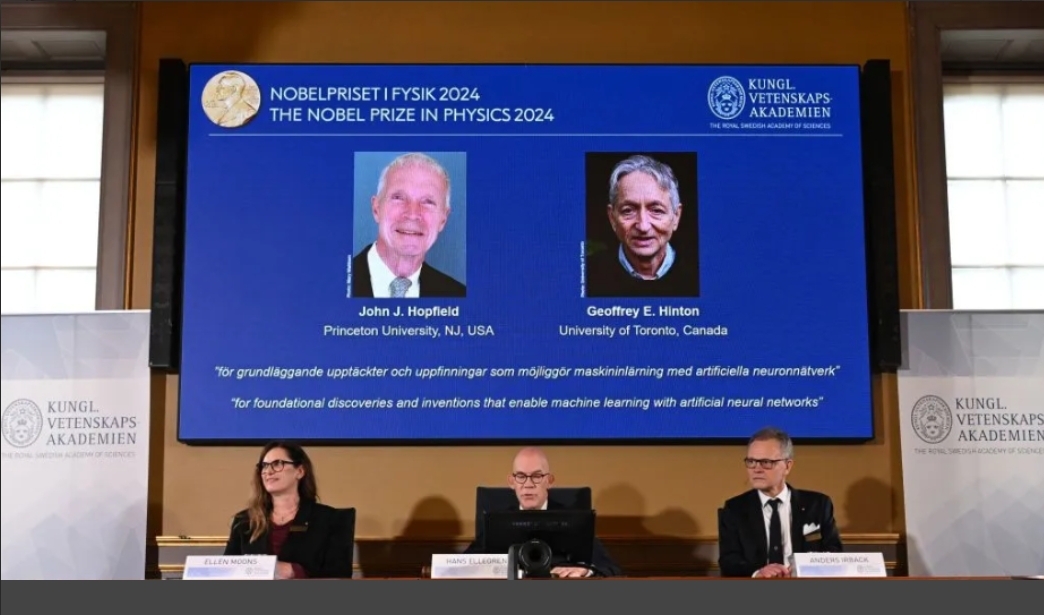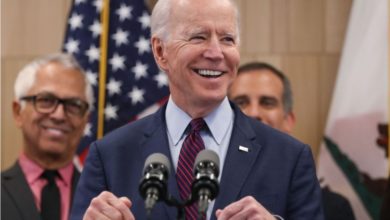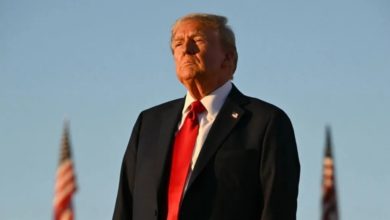AI pioneers Hinton and Hopfield win Nobel Prize for groundbreaking Machine Learning work

The Nobel Prize in Physics has been awarded to two leading scientists, Geoffrey Hinton and John Hopfield, for their groundbreaking work in the field of machine learning. The prestigious award recognizes their contributions to artificial intelligence, which have become an important aspect of modern technology.
Professor Hinton, a British-Canadian researcher often dubbed the “Godfather of AI,” expressed surprise at the honor. “I had no idea this would happen. I’m very surprised,” he said, speaking to the Royal Swedish Academy of Sciences by phone shortly after the announcement. Hinton, 76, is currently a professor at the University of Toronto and is well-known for his pioneering research on neural networks, which are the foundation of many modern AI systems like ChatGPT.
American physicist John Hopfield, 91, who is a professor at Princeton University, was also recognized for his work. Hopfield invented a neural network that can recreate patterns using incomplete data, a process inspired by the way the human brain recalls memories. This innovation has had a significant impact on various AI applications, including facial recognition and language translation.
The Royal Swedish Academy of Sciences made the announcement during a press conference in Stockholm, highlighting the vast range of technology that Hinton and Hopfield’s research underpins today, from internet search algorithms to photo-editing software. They also emphasized how their work is improving fields such as climate modeling, solar cell development, and medical imaging.
Machine learning, the central focus of both scientists’ research, is the process by which computers can train themselves to generate and analyze data without human intervention. This is crucial to the development of artificial intelligence, which has seen rapid advancements in recent years.
Hinton’s research on neural networks, particularly deep learning, has revolutionized AI by allowing machines to learn from experience in a manner similar to humans. “It’s going to be like the Industrial Revolution—but instead of our physical capabilities, it’s going to exceed our intellectual capabilities,” Hinton said. However, he also expressed concerns about the future of AI, warning that machines smarter than humans could potentially take control. “I worry that the overall consequences of this might be systems that are more intelligent than us that might eventually take control,” he added.
The Nobel Prize committee acknowledged the immense impact of their work on daily life, but also noted the growing concerns about AI’s rapid development. “Its rapid development has also raised concerns about our future collectively,” said Ellen Moons, chair of the Nobel Committee for Physics.
Hinton and Hopfield will share the prize fund of 11 million Swedish kronor (£810,000).




